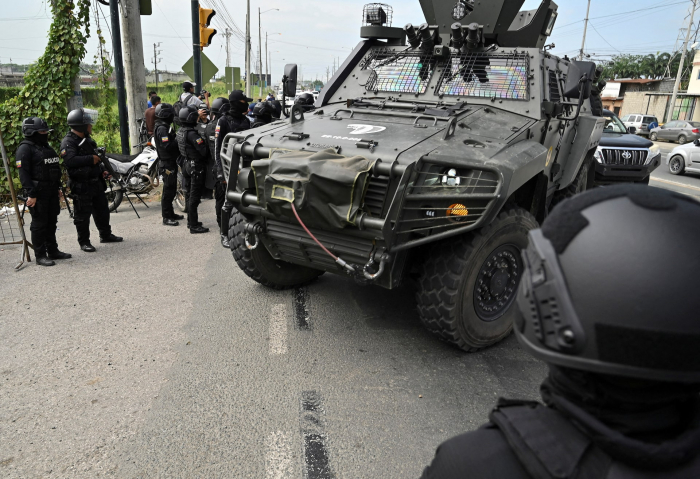The United States has officially designated eight Latin American criminal and drug-trafficking organizations as global terrorist organizations, a move that escalates President Donald Trump’s rhetoric on immigration and national security.

In a Federal Register notice issued Wednesday, Secretary of State Marco Rubio stated that the designated groups have committed or pose a risk of committing acts of terrorism that threaten the security of United States nationals or the national security, foreign policy, or economy of the United States. However, Rubio did not provide specific details regarding the groups’ alleged terrorist activities.
The broad classification has raised concerns among experts who argue that it could be used to expand presidential powers, including potential military action on Mexican territory or policies that restrict migrants’ legal rights.
The eight groups listed in the designation include Tren de Aragua, Mara Salvatrucha (MS-13), Cartel de Sinaloa, Cartel de Jalisco Nueva Generacion, Carteles Unidos, Cartel de Noreste, Cartel del Golfo, and La Nueva Familia Michoacana.
While these groups are widely known for engaging in violence and exploitation, analysts emphasize that their motives are primarily financial rather than ideological, distinguishing them from traditional terrorist organizations.
The US already takes significant actions against these groups through surveillance, sanctions, and criminal prosecutions. This designation won’t drastically change enforcement tools, said Stephanie Brewer, director of the Mexico program at the Washington Office on Latin America.
Brewer also noted that the decision comes amid heightened political rhetoric linking migration, crime, and terrorism.
The White House has frequently framed irregular migration as a national security threat, using the term invasion to justify stringent immigration measures. Many migrants traveling through Latin America face extortion and demands for protection fees from criminal groups, a reality that administration officials could use to argue that migrants are inadvertently funding terrorist organizations.
Will Freeman, a fellow for Latin America studies at the Council on Foreign Relations, warned that the designation could be misused to criminalize migrants.
You could accuse anyone—from a migrant paying a smuggler to a Mexican business forced to pay cartel extortion fees—of providing material support to a terrorist organization, Freeman said.
He also pointed out that Brazil’s First Capital Command, one of the region’s most powerful criminal organizations, was not included in the designation.
The common link here seems to be that many of these groups operate along migration routes, Freeman added.
The Trump administration has previously floated the idea of using the Alien Enemies Act of 1798, which allows for the immediate deportation of foreign nationals from enemy countries during wartime, as a legal basis for mass deportations.
Additionally, Trump has cited steep tariffs on Mexico, Canada, and China as a necessary response to what he describes as a national emergency driven by gang members, smugglers, human traffickers, and illegal drugs entering the US.
The terrorist designations have reignited fears that the US could justify military operations on Mexican soil under the guise of combating terrorism.
Trump has previously claimed that the Mexican government has an intolerable alliance with the cartels, said Brewer. Does this mean the US now considers Mexico complicit in terrorism?
Following the announcement, billionaire entrepreneur Elon Musk, a Trump ally, speculated on social media that the designation could make the groups eligible for drone strikes.
However, both Brewer and Freeman caution that tackling organized crime in Latin America requires more than military force.
To dismantle these groups, the US must target their financial networks, arms suppliers, and corrupt government connections, Freeman explained. Picking fights with Latin American governments could ultimately hinder those efforts.



